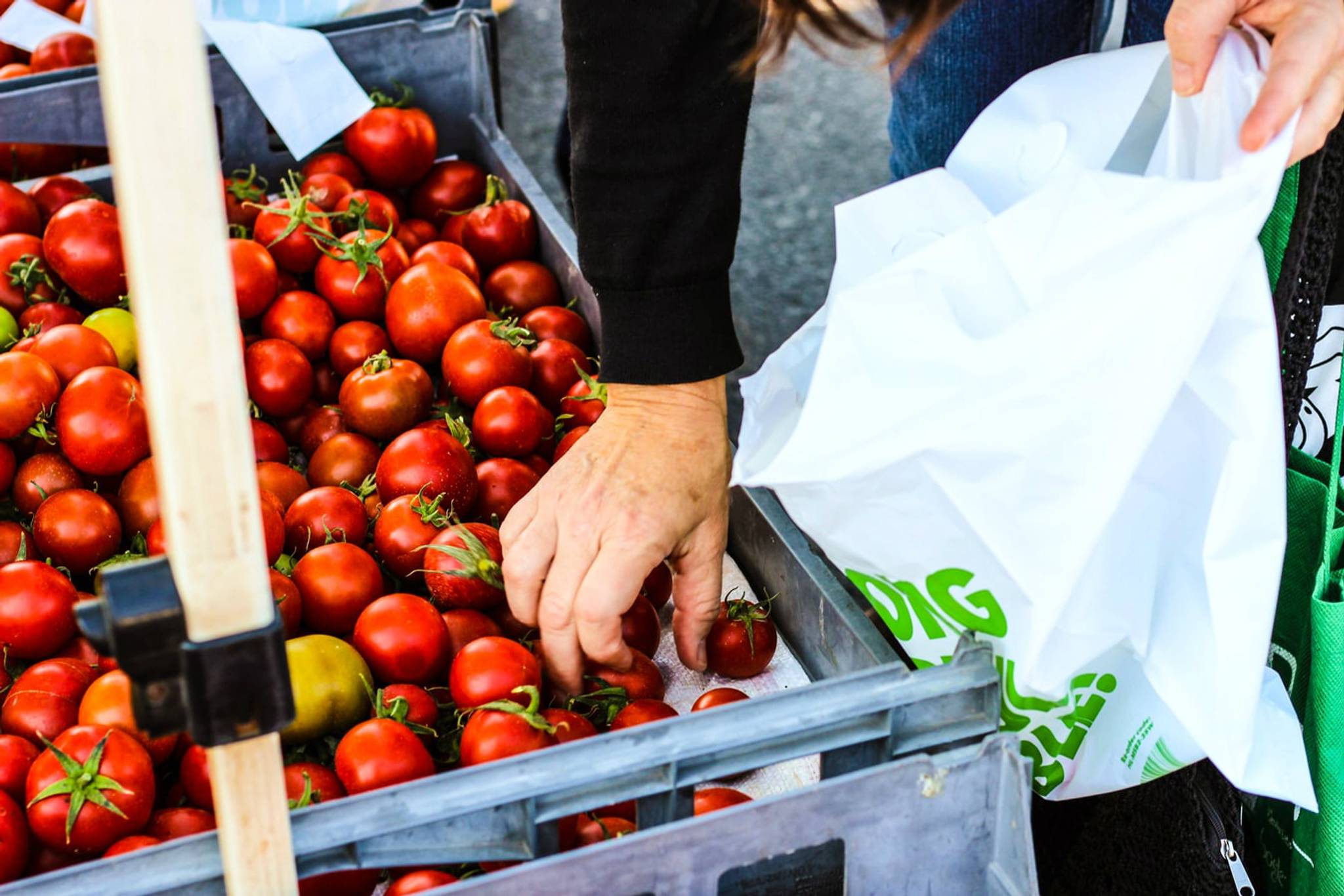
With youngsters often struggling to get their five-a-day, many parents would do anything to make vegetables more appealing. A study has uncovered the potential key to getting kids to eat their greens: offering them a variety of vegetable options during mealtimes. We explore the insights behind this and why offering kids more than one vegetable might ease difficult mealtimes for stressed-out parents.
The study, which involved 32 Australian families with children aged between four and six, tested three different methods of vegetable consumption: introducing kids to a single vegetable, presenting them with multiple vegetables, and leaving their eating patterns unchanged. While no change in consumption was observed for families serving a single vegetable or the unchanged group, households that offered multiple vegetables recorded an increase in consumption from 0.6 to 1.2 servings. The parents also reported that after the study, they found it “very easy” or “quite easy” to continue offering vegetables to their children. This boosted acceptance was also reported by parents who continued for three months following the study.
Commenting on the research, lead author Astrid Poelman said: “In Australia, dietary guidelines for vegetable consumption by young children have increased although actual consumption is low. This study introduces an effective strategy for parents wanting to address this deficiency.”
Getting kids to eat their greens is never an easy task, but with physical inactivity and childhood exposure to fast food marketing on the rise, promoting healthy eating feels more important than ever. The World Health Organization lists childhood obesity as one of the most serious global public health challenges of the 21st century, and experts believe that 250 million children will be obese by 2030, up from 150 million in 2019. Parents play a vital role in teaching their children healthy eating habits from a young age. However, this isn’t always an easy task: past research has shown that 95% of school-aged children Down Under don't eat a sufficient amount of nutritious fruit and veg each day, and 41% of Britons with kids under ten have abandoned attempts to get their little ones eating greens in favour of getting them to eat full stop.
Constantly looking for quick fixes to this meal-time struggle, time-pressed parents want brands to provide solutions. Ore Ida’s Potato Pay campaign tackles the issue with a tongue-in-cheek approach that encourages parents to bribe their kids with the much more palatable reward of a french fry. A number of organisations are also helping parents keep their kids healthy by reducing marketing messages directed at children. Unilever has pledged to stop marketing food and drinks to children under 12, while the UK government has banned the advertising of chocolate and sweets to under-16s.
Lottie Hanwell is a junior behavioural analyst. She loves travelling, reading novels, cuddling dogs and hosting dinner parties. A graduate of Engish Literature and Spanish, she’s adventured through Latin America where she developed a taste for Argentine Malbec and dodgy Reggaeton. Now settled back in London, she hopes to translate her fondness of people-watching to her role at Canvas8.



